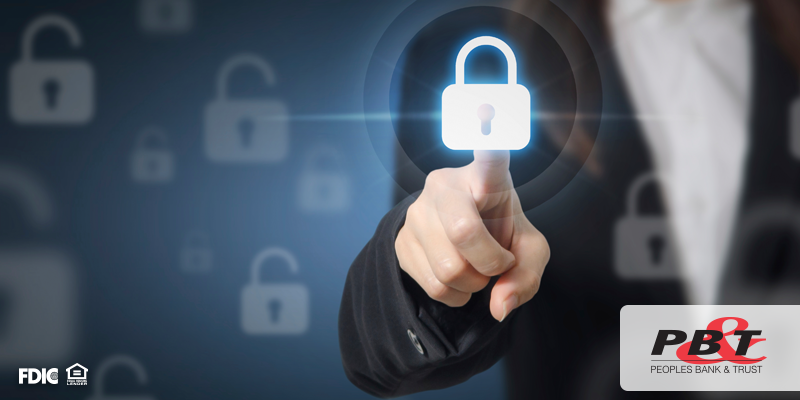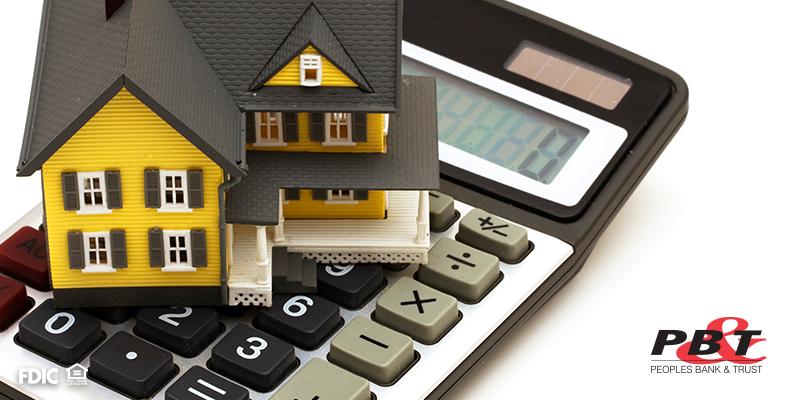
Vacations are about relaxation and enjoying yourself, so don’t let the worry of your finances bog you down! Keep the sunshine your first priority with these traveling safety tips courtesy of Peoples Bank & Trust.
- Only Carry What You Need
With beach towels, cameras, and sunblock already filling up your bag, it’s no use bringing extra items that could slow you down. The same is true with your wallet. Keep your pocketbook light with only essential payment options. This not only helps you to not overspend, but also allows you to store other payment options in your hotel safe as a backup in case any cards are lost or stolen.
- Contact Your Bank and Credit Card Companies
Before taking off on your next getaway be sure to call both your bank and credit card companies. By communicating your travel plans ahead of time you can ensure that potential purchases aren’t rejected while you’re outside of your typical spending zone. If your card is lost or stolen these are great contacts to keep in mind to protect your finances in the event that they’re compromised.
- Use a Credit Card for Major Purchases
If you find that perfect must-have item during your travels abroad it may be beneficial to use your card for larger purchases. With cards like Visa and MasterCard, their payments are accepted all around the world. Additionally, most credit providers have a maximum $50 liability, so if someone does steal your credit card you’re covered!
- Plan for the Unexpected
You can plan and plan, but sometimes things happen that you weren’t anticipating. Whether it’s additional food expenses, a last-minute excursion, or a trip to the local urgent care, sometimes things happen. Make your travel fund work to your advantage by adding a cushion of 10% to cover those spontaneous expenses. If at the end of the trip you’re still ahead, you can use the extra money for an exciting last night out, or put it towards your next exciting destination!
Traveling is one of the most inspiring activities you can be a part of! Let Peoples Bank & Trust help you get to your next destination with one of our structured savings accounts. We’ll help you continue crossing destinations off your bucket list, one penny at a time!
Peoples Bank & Trust Co.
Equal Housing Lender
Member FDIC










